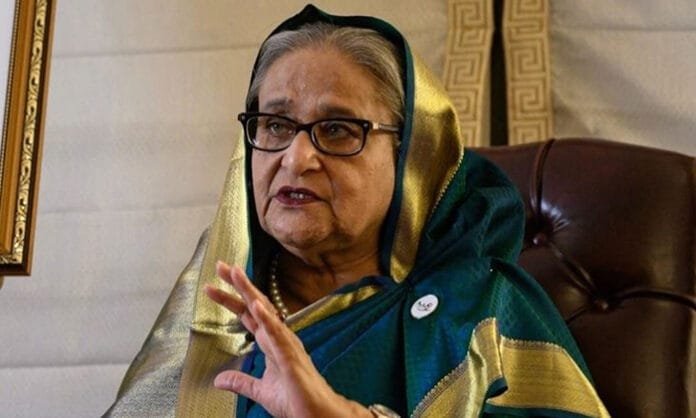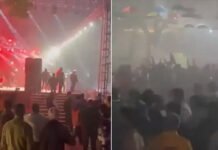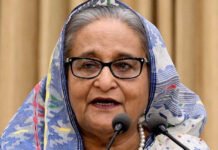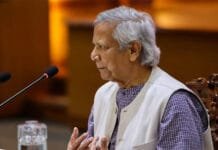The International Crimes Tribunal (ICT) of Bangladesh has issued arrest warrants against former Prime Minister Sheikh Hasina and eleven other prominent figures, including former police chief and army generals. These individuals are accused of playing key roles in forced disappearances, a grave issue that has attracted widespread condemnation. This is the second time that an arrest warrant has been issued against Sheikh Hasina, and the latest development is being seen as a crucial turning point in the ongoing legal proceedings.
The Context of the ICT’s Latest Decision
The ICT’s decision to issue arrest warrants is not an isolated event. Rather, it is the continuation of an ongoing investigation into cases involving forced disappearances during Hasina’s tenure as the Prime Minister. Over the years, Bangladesh has been grappling with the issue of enforced disappearances, where individuals have been abducted by law enforcement and intelligence agencies, often with no trace of their whereabouts or fate.
According to ICT officials, the latest warrant is linked to hundreds of complaints filed by victims and their families regarding the issue of forced disappearances. These complaints have primarily focused on incidents that occurred during the tenure of Hasina’s government, particularly between July and August of the previous year. Among the twelve individuals named in the arrest warrants are Major General (retd) Tariq Ahmed Siddique, the former defense advisor to Hasina, and Benjir Ahmed, the former Inspector General of Police (IGP). While Siddique is currently in custody, Ahmed is still on the run.
The Role of Sheikh Hasina’s Government in Enforced Disappearances
The ICT’s chief prosecutor, Mohammad Tajul Islam, has firmly pointed to the significant role played by Hasina’s government in the rise of forced disappearances in Bangladesh. Islam emphasized that these acts were not isolated incidents but were part of a systematic and organized effort, with the full backing of the state. The prosecutor has claimed that during Hasina’s rule, certain law enforcement agencies were specifically tasked with carrying out these unlawful operations.
Prominent among these agencies were the Rapid Action Battalion (RAB), Detective Branch (DB) of the police, the Counter Terrorism and Transnational Crime (CTTC) unit, and the Forces Intelligence Directorate (DGFI). These agencies were alleged to have been involved in a series of illegal abductions and killings, under the guise of counterterrorism efforts and maintaining national security.
Key Allegations Against Sheikh Hasina’s Regime
The accusations leveled against Sheikh Hasina and the other individuals involved are grave and carry serious implications for Bangladesh’s political landscape. These charges stem from the violent crackdown on anti-government protests, where multiple reports suggest that individuals were either forcibly disappeared or killed in extrajudicial operations. According to the ICT, over a span of 15 years, the country experienced a climate of fear and intimidation, exacerbated by incidents of forced disappearances and crossfire killings (the practice of killings allegedly carried out during police operations).
During Hasina’s administration, the government’s narrative portrayed the disappearances as part of counter-insurgency operations targeting terrorists. However, critics argue that the government used these operations to silence political opposition, journalists, and activists who posed a threat to Hasina’s rule.
The scale of the forced disappearances has been staggering. Hundreds of individuals, including opposition leaders and ordinary citizens, have vanished without a trace. Many of these cases have been met with indifference or hostility from government officials, with families often left in the dark regarding the fate of their loved ones. What has compounded the issue is the systemic cover-up that allegedly followed each case, making it increasingly difficult for victims’ families to seek justice.















